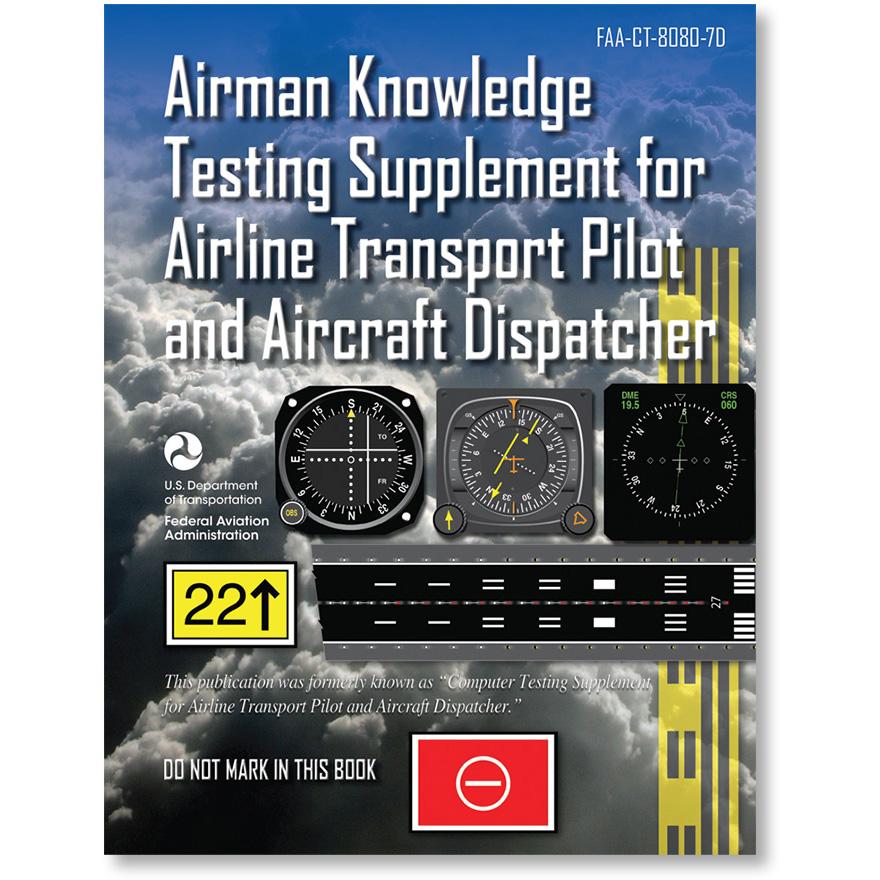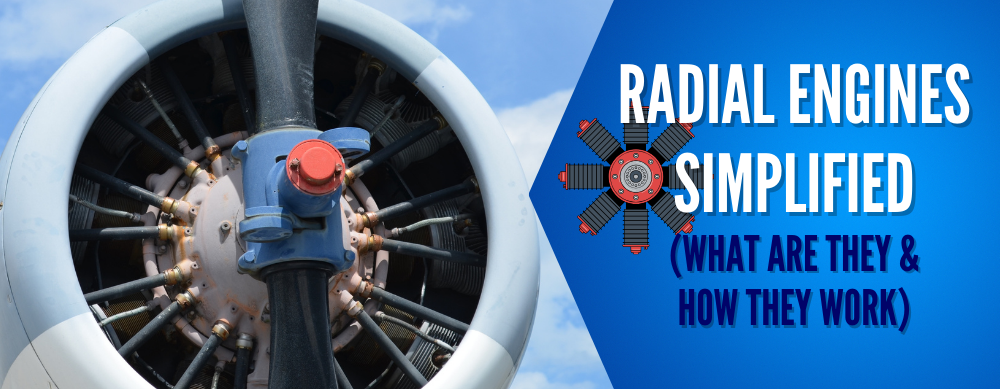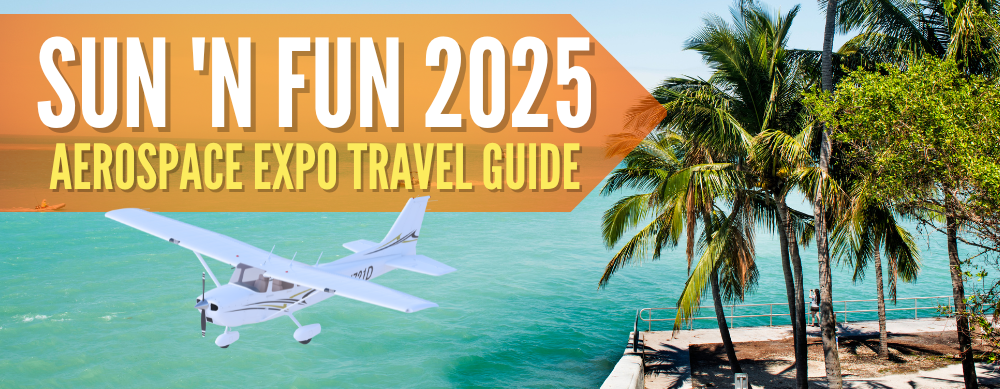Becoming an airline pilot offers a unique blend of adventure, challenge, and reward. From the thrill of flying to the opportunity to explore the world, it's a career like no other. Plus, the compensation and benefits can be highly competitive.
Let's explore the frequently asked questions that arise when it comes to being an airline pilot.

The Challenges of Being an Airline Pilot
Of course, becoming an airline pilot comes with its own set of challenges. Pilots often face irregular schedules and long periods away from home. The physical and mental demands are big, and there's a constant responsibility for the safety of passengers and crew. Despite this, for those with a passion for aviation, these challenges are part of what makes the job so incredibly fulfilling.
1. Qualifications and Training
To become a commercial airline pilot, you need specific qualifications and training. Here are the key steps:
-
Eligibility: First you must meet the eligibility requirements, which include being at least 23(21 for R-ATP) years of age, being able to read, speak, write, and understand English.
-
Education: While a college degree isn't mandatory, it can be helpful. Many pilots have degrees in aviation or related fields, but really good flight experience and time built as a flight instructor can help in some cases to supplement the lack of a degree.
-
Flight Training: Enroll in a reputable flight school to gain the required flight experience for the airlines. Accumulate 1,500 hours of total flight time, which should include specific amounts of cross-country, night, and instrument flight hours.
-
Certificates and Ratings: You'll need a Private Pilot Certificate, followed by a Commercial Pilot Certificate. Additional certifications and ratings like a Multi-Engine rating and Instrument-Rating may be needed to meet the qualifications. A Flight Instructor Certificate is extremely helpful for time building and impressing the airlines. The Airline Transport Pilot (ATP) Certificate will be required for the airlines.
2. Time and Financial Investment
-
Training Duration: The journey typically takes 2-4 years, depending on the intensity of your training and how quickly you accumulate flight hours.
-
Costs: Training can be expensive, often ranging from $70,000 to $150,000. However, scholarships, grants, and financing options can help manage these costs.
3. Health and Fitness
-
Medical Requirements: Meet the FAA health requirements to hold a 1st class medical certificate to act as pilot-in-command, or a 2nd class medical certificate to act as second-in-command. Pilots must meet specific medical standards, including regular health checks. Good physical and mental health are a must.
4. Job Prospects and Career Path
-
Demand for Pilots: The demand for pilots fluctuates with industry trends. Post-COVID-19, there's a growing need for pilots as the industry recovers.
-
Career Progression: Starting as a First Officer, you can advance to Captain and even higher management roles within an airline. Airlines honor seniority, much like the military, the longer you stay loyal to an airline the more you stand to make overtime.

Frequently Asked Questions About Becoming an Airline Pilot
-
How long does it take to become a commercial airline pilot?
-
Typically 2-4 years, depending on training pace and flight hours accumulation.
-
-
Is a college degree necessary?
-
No, but it can be advantageous.
-
-
What does the typical career path look like?
-
Start as a First Officer, progress to Captain, and possibly advance to senior airline management roles.
-
-
What are the typical costs involved?
-
Training costs range from $70,000 to $150,000. Since this is such a big expense, make sure to explore all options available to be able to pay for flight school, such as aviation scholarships.
-
-
What training and certifications are needed?
-
Private Pilot Certificate, Commercial Pilot Certificate, ATP Certificate, and potentially a Flight Instructor Certificate. Required ratings may include Instrument-Rating, and a Multi-Engine Rating,
-
-
What are the physical and medical requirements?
-
Regular medical exams to ensure good health and maintain a 1st class medical certificate.
-
-
What is the demand for airline pilots and job prospects?
-
Demand is increasing post-pandemic, with positive job prospects.
-
-
What are the working hours like?
-
Irregular schedules, including nights, weekends, and long hours. Commercial airline pilots typically work a combination of long days and overnight shifts, with extended periods of time away from home.
-
-
How much can pilots earn?
-
The average salary for a commercial airline pilot can range from $65,000 to $150,000 or much more, depending on the airline and the pilot's level of experience. Airlines typically offer a comprehensive benefits package, including health insurance, retirement plans, and paid time off.
-
-
Can a military background help?
-
Yes! Having a military background can be extremely helpful. This is because of the comprehensive flight training and experience that military pilots receive. In fact, many airlines actively seek out former military pilots because of their valuable skills and experience in operating aircraft. Plus, military individuals will acclimate well to the lifestyle and schedule of an airline pilot.
-
-
What role does technology play in this job?
-
As technology advances, the job of an airline pilot continues to evolve. Though flying has become easier and safer with electronic flight displays and automation, pilots still must stay current and proficient through ongoing training.
-
With a growing demand for air travel and the push for sustainability, pilots have to stay informed and work to constantly improve their skills in order to adapt to any changes in the aviation industry.
-
-
Can someone with a criminal record become a pilot?
-
It depends on the nature of the offense; thorough background checks are conducted. Certain serious offenses, such as those related to drug or alcohol abuse, violence, or dishonesty, could prevent you from working with the airlines.
-
Takeaway
In conclusion, becoming a professional airline pilot is a lot of work and thankless hours, but in the end it can be a very rewarding career. Aspiring airline and commercial pilots must follow a structured path to achieve their goals, starting with obtaining a commercial pilot certificate, getting the required ratings and building up flight time.
Good starting points are:
-
Exploring books and guides that can assist you on your path.
-
Gathering tools and training materials for student pilots.
-
Attending a reputable flight school and completing comprehensive flight training.
-
Earning a private pilot certificate is the first initial milestone toward becoming a commercial pilot.
With these qualifications, you can pursue a flight instructor certificate, and later your airline transport pilot certificate, which are critical for career advancement. Enrolling in a professional pilot program can offer additional benefits or even speed up the process, including industry connections and employment opportunities.
Keep in mind, the journey to becoming a professional airline pilot requires hard work, dedication, and commitment to the training process. With these qualities, you can achieve your dreams of a career in the skies.
Want to learn more about how to become an airline pilot?
Our guides are designed to help student pilots become professional pilots and for private pilots to brush up on their knowledge and skills.
-
Aviation Career Considerations: How to Decide if Being an Airline Pilot is Right for You
-
How to Get Your Commercial License: How to Become a Commercial Pilot (Step-By-Step) Guide
-
Required Hours for an Airline Pilot: 1500 Hour FAA Pilot Rule in Aviation (& How Long it Takes to Get)
-
Length of Time: How Long Does It Take to Become a Pilot?
-
Time building: 8 Low Time Pilot Jobs for Pilots With Less Than 500 Hours
-
How to Ace an Airline Pilot Interview: 20 Airline Pilot Interview Questions & Answers (+ Preparation Tips)
Did you find this article helpful?
Do you think we missed anything important? Let us know in the comments below!






